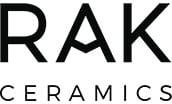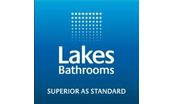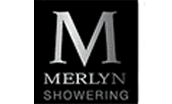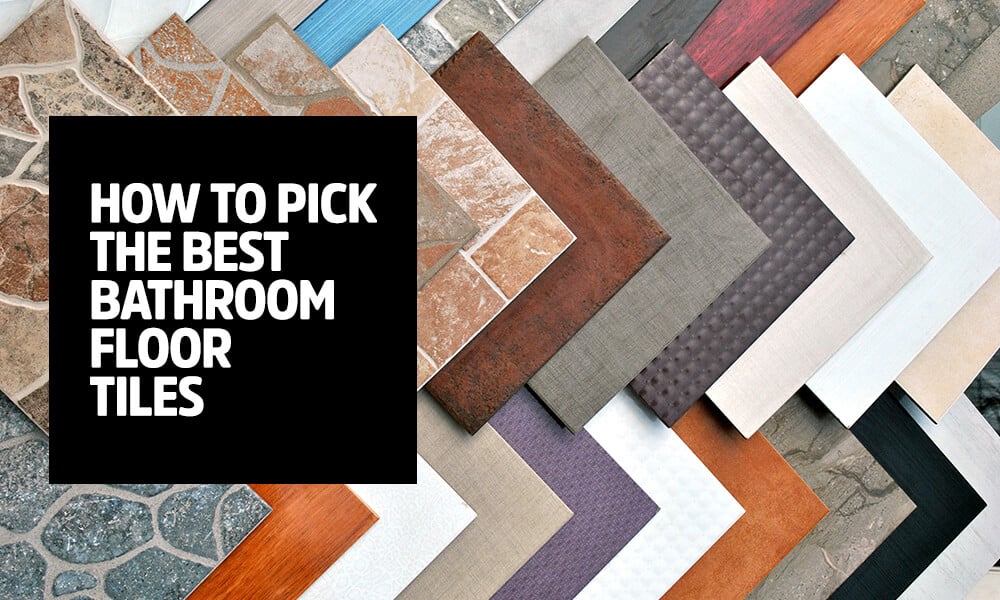
We use tiles in our homes more than ever, especially in our bathrooms, be it floors, walls, or backsplashes. Besides protecting our feet and preventing slipping accidents, bathroom floor tiles must endure and resist constant moisture, stress, and stains. Therefore, bathroom floor tile is usually made from durable and hardwearing materials such as porcelain, stone, vinyl or ceramic, and sometimes even rubber and glass.
The bathroom floor must withstand heavy use and loads without breaking or cracking. Thus, porcelain tiles are the best choice for bathroom floors as they are hard, dense, and have low porosity, making them resistant to stains and water. Natural stone bathroom tile is also popular as it prevents water from permeating below. Besides, Floor tiles may be used in conjunction with in-floor heating, so you have a warm floor on cold days. Floor tiles are a healthier alternative to carpets as they repel dirt mites and germs and keep the house clean.
Bathroom floor tiles are so versatile that designers have used them on walls or in shower areas apart from the floor. Whether you're looking for a simple design or a geometric pattern with intricate details, let us understand the different types of tiles available, the effect of materials on tile performance, and the best approach overall when choosing the best kind for your home.
Ceramic Tiles
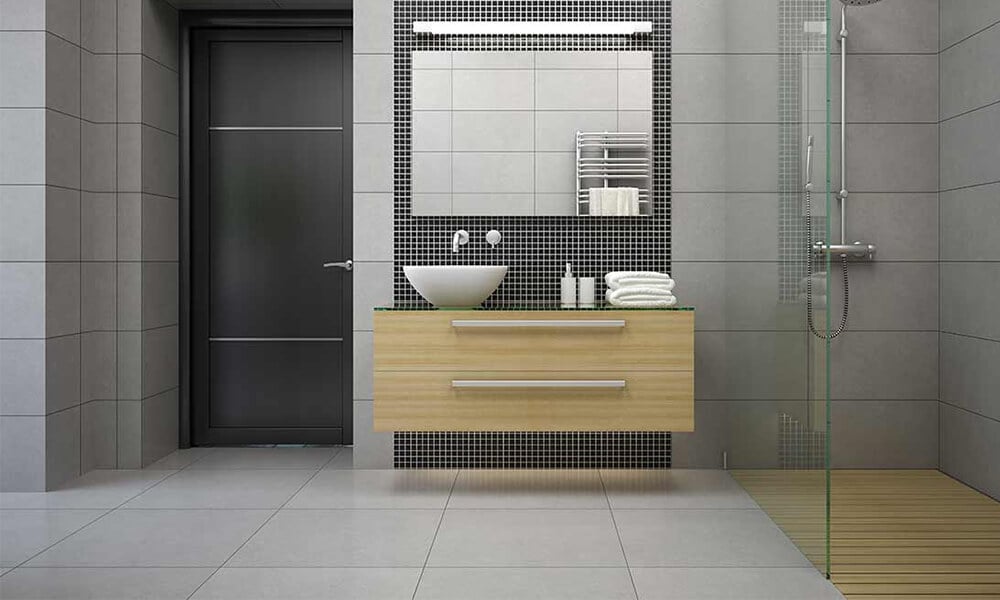
Ceramic Tiles are the tile of choice for any bathroom flooring project. Ceramic tiles come in a matt or gloss finish and are available in simple, elegant designs to attractive and attention-grabbing ones. They are affordable and very durable, needing little to no maintenance, making the ceramic tile the best for any room in your home and any area within. Ceramic tile can fit in well in the bathroom, kitchen, porch or house entrance. Use it on the wall, backsplash, or pool floor; you won't be disappointed. Glazed ceramic tile offers far more protection against staining or damage as compared to carpet, wood, or even vinyl flooring. However, ceramic tiles can be prone to chipping and cracking and are therefore recommended for areas with light to medium traffic.
Porcelain Tiles
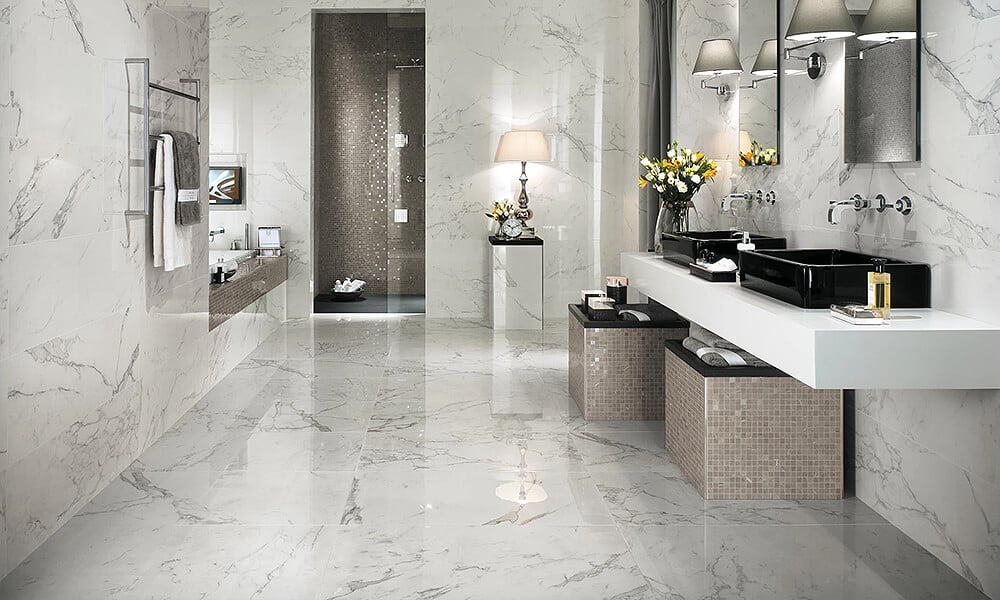
Porcelain is the go-to material for bathroom floor tiles. Hardy and easy to clean and maintain, Porcelain is made by firing clay at extremely high temperatures and is also called "high-fire" material. The porcelain tile can withstand extreme temperatures without breaking or cracking. Porcelain tile is much stronger than ceramic and can withstand much more, making it a hardwearing flooring choice. Porcelain bathroom tiles are hard, heavy, and denser than ceramic tiles and can resist heavy loads and foot traffic. These tiles are also resistant to fading due to sun or heat and corrosion, mildew, and scratches and are the perfect bathroom tile. For the best look, opt for unjointed porcelain tiles fixed with epoxy grouting. With a limited cleaning regimen, the tile stays as new as the day you install it.
Mosaic Tiles
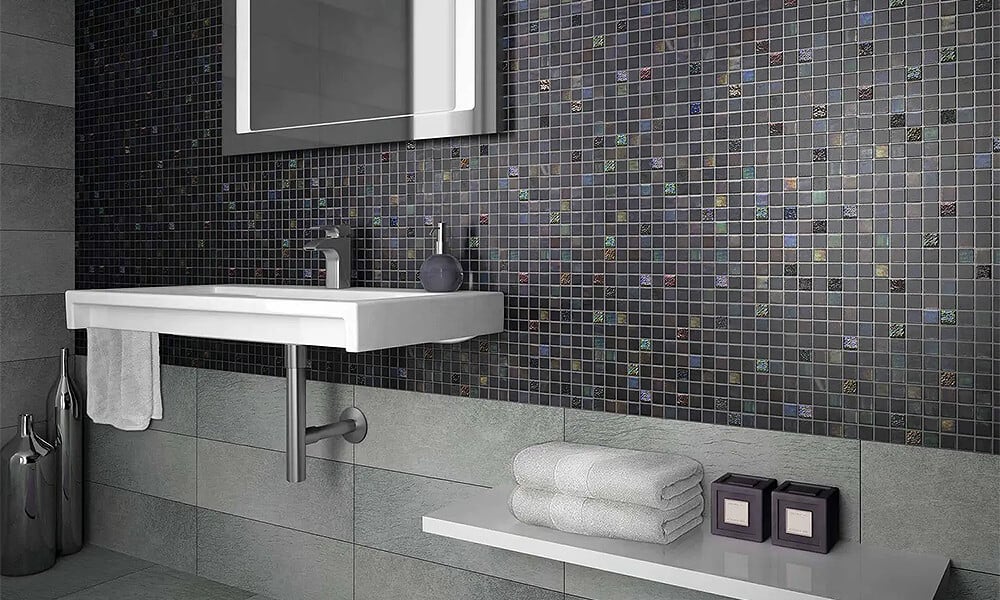
Mosaic Tiles are simply perfect for bathroom floors or kitchen backsplashes. The delicate-looking mosaics come in many kinds of designs, tones, finishes, and materials. Choosing one with a stunning look, finish, and unique colour instantly dresses up any bathroom floor. These tiles are relatively easy to maintain and resists mold and mildew. The tiles generate a warm and happy feeling wherever used. While the wonders of colored mosaic tiles are well known, designers have used pure white ceramic to create magic. If you are a fan of the mosaic design, then you need to remember that mosaics require more grouting than ordinary tile and, therefore, more maintenance.
Textured Tiles
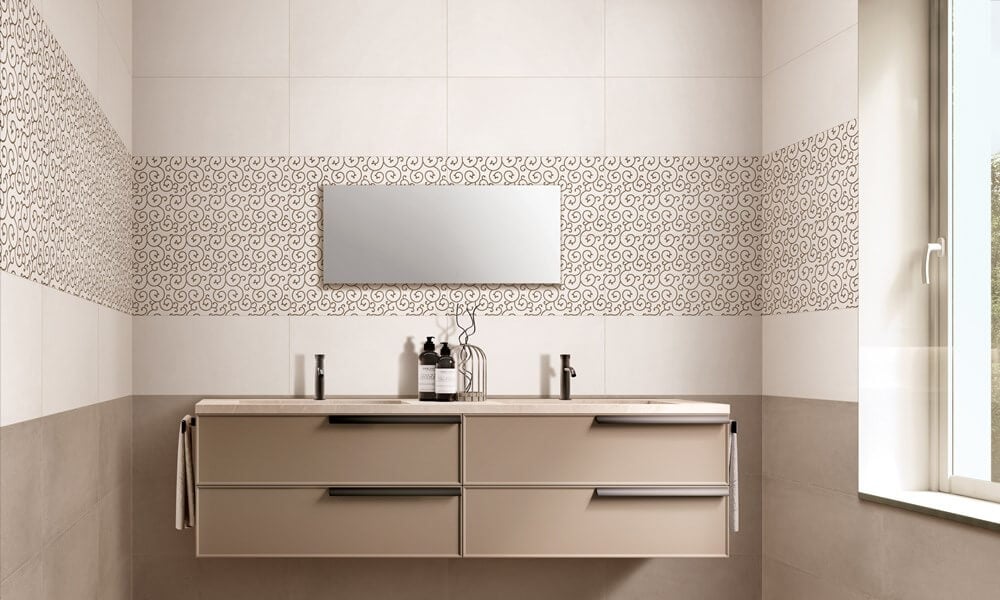
Matt or textured tiles offer firm grips and make walking on moist or damp floors easy. The textured tile displays a roughness and symmetry that works well in living homes and bathrooms, adding character and definition to a room. These come with classic, rustic, or modern themes that match any décor requirement and style. Generally larger than wall tiles, these tiles can be used to complete an aesthetically pleasing interior. Fixing and installing these tiles on the floor is extremely simple. When grouting textured tiles, try to keep as much off the surface and apply in the joints, as the rough surface of the tile can make it difficult to clean up after.
Vitrified Tiles
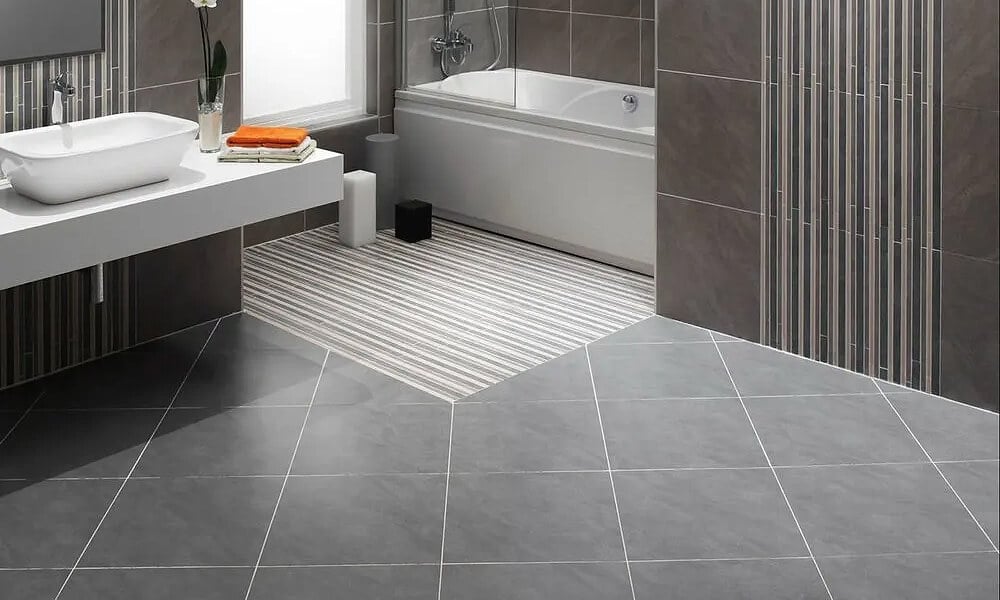
Vitrified tiles are made by mixing clay and silica and are a great man-made alternative to natural stone floorings such as marble and granite. Vitrified Tiles have very low porosity and are solid, tough, stain, and moisture-proof. Super easy to maintain, the Vitrified tile is a popular choice for home interior and exterior flooring projects. You can find Vitrified tiles in many types, such as twofold charged, full-body, and glazed vitrified tiles, each giving the tiles a different degree of strength and affecting their appearance. Since these tiles are permeable, they should be fixed intermittently. Installation is also expensive compared to standard tiles and may also need periodic repair.
Natural Stone Tiles
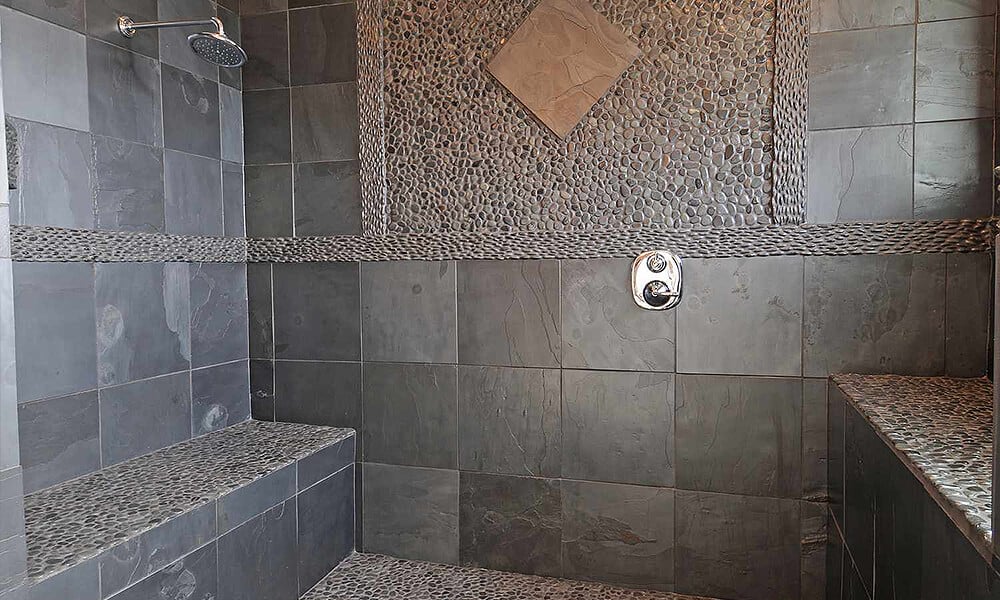
Stone tiles are made from rock, marble, and travertine, etc. are fast catching up as one of the favourite choices for the bathroom floor. While they are hard-wearing and easy to maintain, their popularity stems from the natural look they create within the home environment. As they are naturally made, they bring a uniqueness of design, add warmth to the space and upgrade the value of the home. However, natural stone tile is one of the costliest bathroom flooring choices.
In addition, natural stone tile for the bathroom floor is permeable, which means the tile is likely to be affected by water. This calls for the use of a moisture-sealing agent, making the upkeep expensive. Some types of stone may stain easily, too, and therefore, they must not be cleaned with dyes or solid synthetic compounds as such compounds might damage or leave stains behind.
Linoleum Floor Tiles
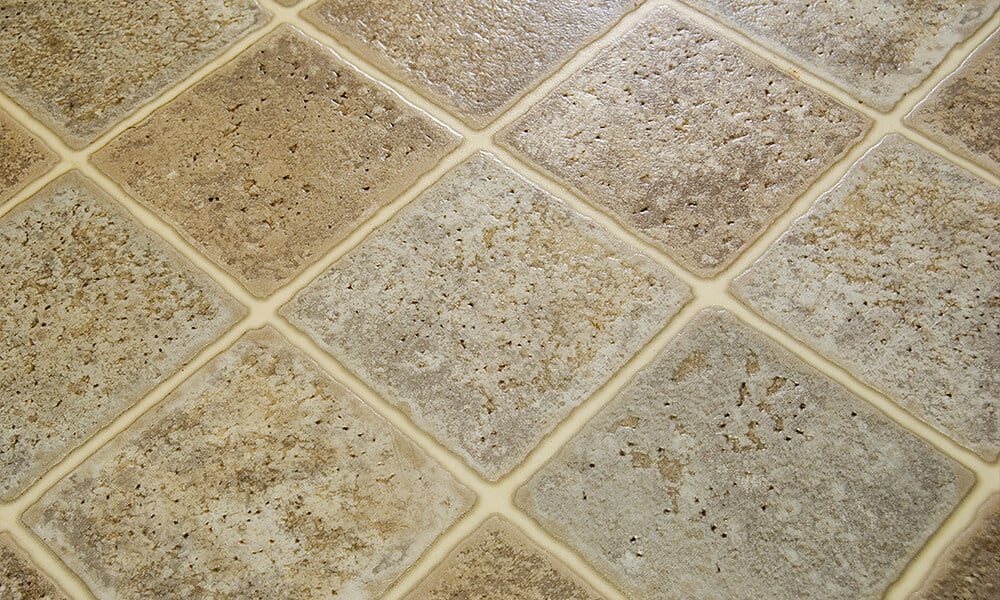
These tiles are made of linseed oil, plug powder, wood flour, and ground limestone. Perfect for contemporary or retro settings, these tiles are highly durable, scratch and water resistant, making them appropriate for the bathroom. The Linoleum floor tile can repress the development of microorganisms and is available in a wide range of colors, patterns, and styles to create extraordinary floors. These are one of the few floor tiles which are biodegradable and present a healthier option to many other artificial tiles such as Vinyl. However, the Linoleum tile is susceptible to denting and may change colour or fade over time. Plus, you need a professional to do the installation job as it's complex, but overall maintenance is easy.
Concrete Tiles
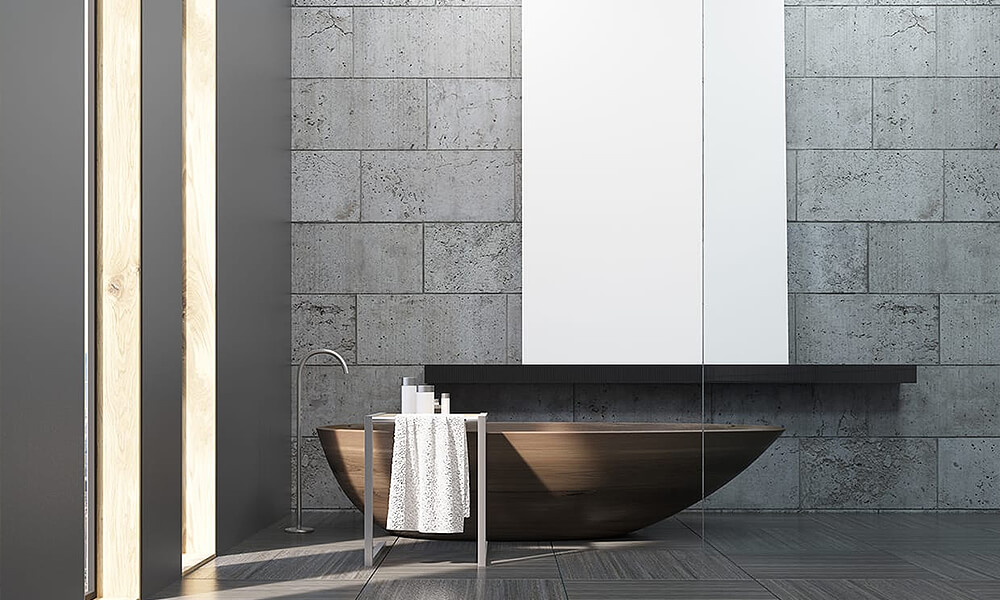
The durability of concrete is unmatched, and the material can be moulded into different shapes and carved with the most intricate imprints. Polished concrete is more durable than any other tile, easy to clean, and affordable. Concrete tiles, called cement tiles, can withstand daily, heavy foot traffic. Not only are these stain, scratch, and temperature resistant, they are more hardwearing than many other types of tile, including ceramic. They are easy to install, and will last you for many years. Cement tile floor will insulate the space and needs almost no maintenance. If you want to lay the concrete tile yourself, you can, as it's a simple job. However, for polishing, you may need to hire a professional.
Why Choose Tile?
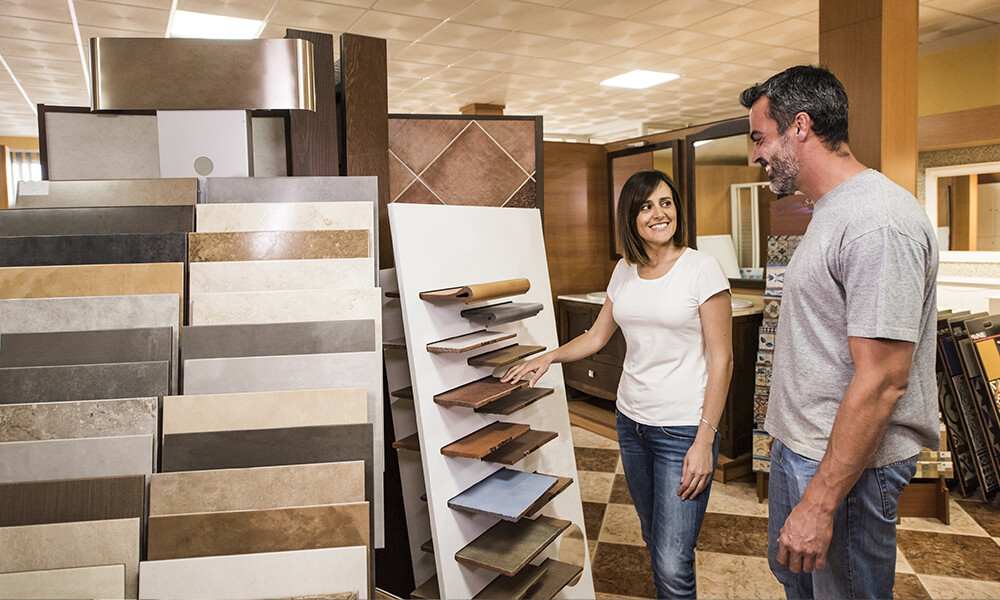
Tiles have many benefits aside from aesthetics. Designed for withstanding different conditions, tiles come in a plethora of options, such as colours, texture, materials or formats. Tile size can vary and you can select small tile or large format tiles. Besides durability, tiles allow your creativity to flourish with abundant decorative possibilities. Many modern tiles are safe and environment friendly, making them ideal for green-wise people. Tile repels dust mites, molds, germs, and bacteria and often is the best alternative to carpets that can trigger allergies or asthma attacks.
When your bathroom floor needs some sprucing up, 'Tile 'is a sensible option. You can match your floor with your walls, door, and even the home exterior to create a splendid result. Anti-slip shower floor tiles are an excellent choice for wet areas and make them safe and stylish. Tiles are easy to clean and maintain, and you can wash them with just water, without expensive cleaners. Capable of creating dramatic first impressions wherever they are used, whether on walls or floors, these can instantly update the style quotient of bathrooms and kitchen areas. Bring alive a dull and drab space with textured and printed tiles; these are a prudent, long-term investment.
How to maintain a tiled surface?
Multipurpose cleaners will quickly remove any soap scum, hard water deposits, or mildew on wall tiles in the bathroom or shower.
It is a good idea to test any scouring powders or sealants on a small area first, as using it on the entire surface may permanently mark or damage tiles. Use a sealer on grout joints after installation with grout joint cleaner. Getting a damaged tile replaced by a professional is an excellent long-term strategy. Any cleaners with acid or bleach should never be used. So also avoid harsh detergents, steel wool pads, or any scouring pads with metal. With these simple-to-follow steps, you can make the most out of your tiled bathroom floor, which can last you for years without trouble!
At Aqva Bathrooms, we stock tiles from RAK that are available in a host of sizes, colours, finishes and designs, just what you need for bringing your bathroom floors alive.








